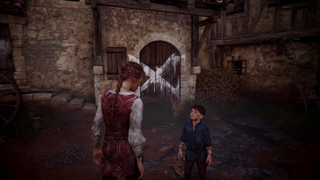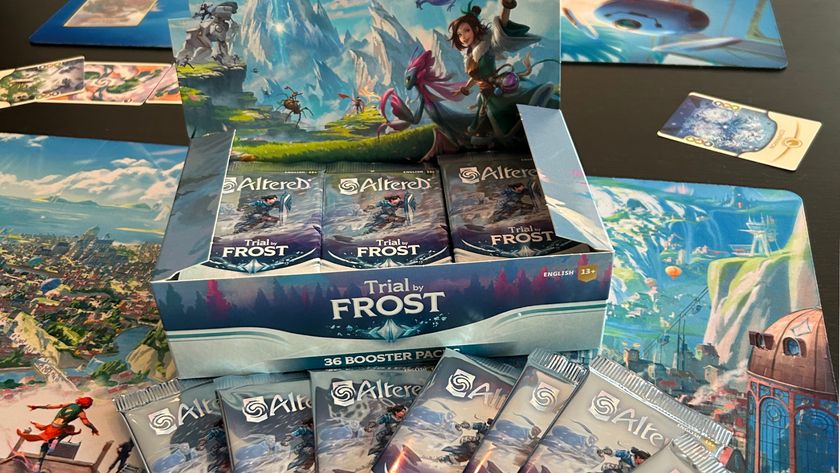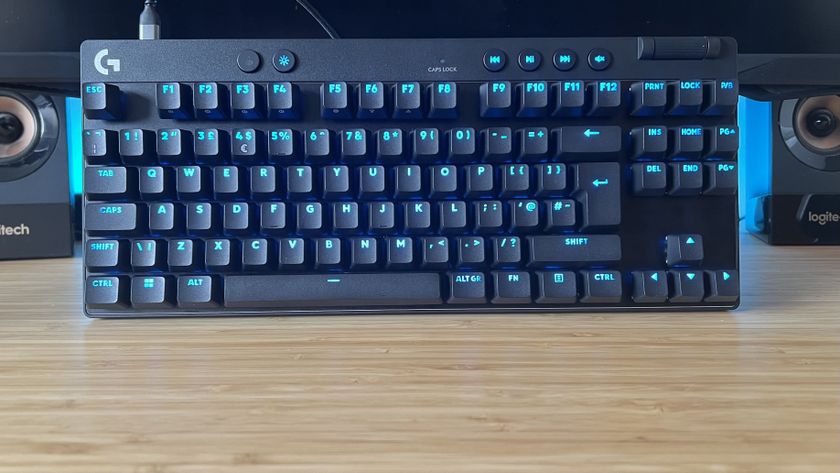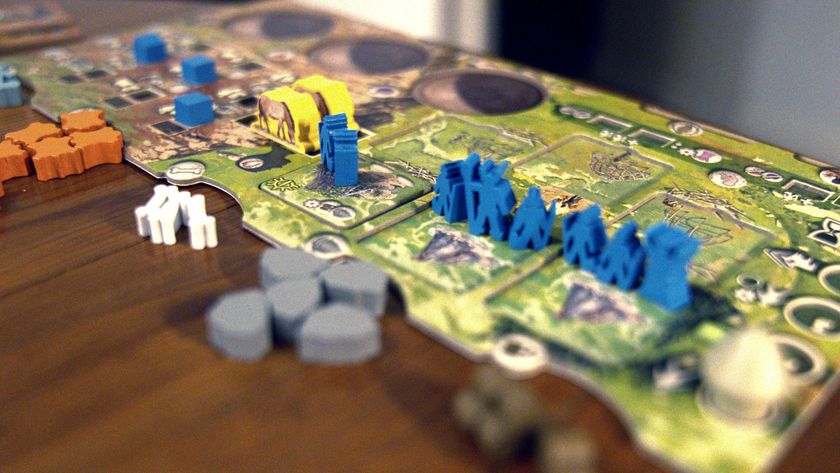12DOVE Verdict
Its pace is slightly too uneven, but A Plague Tale: Innocence has flashes of potential
Pros
- +
Stunning setting
- +
Intriguing mechanics come later in the game
- +
Amicia gets inventive new tools regularly
Cons
- -
Sibling relationship feels a bit hollow in the long run
- -
Intriguing mechanics come later in the game (again)
- -
Fairly easy
Why you can trust 12DOVE
A Plague Tale: Innocence might be centered around a relatively adorable little boy, but it is grim. Telling the story of two siblings: the teenage Amicia and her five-year-old brother Hugo as they struggle to find a cure for Hugo’s mysterious illness, it’s a linear puzzle-stealth game which follows the pair as they flee from the Inquisition in Medieval France, who are set on capturing Hugo for some nefarious means. Yet it’s not just the Inquisition that they have to contend with, as man-eating rats are spreading the plague across France. These rats flee from the light but swarm in the dark, so A Plague Tale: Innocence’s puzzles have you manipulating the rodent hordes by using your sling to extinguish and light fires, or breaking lanterns to set the rats on unsuspecting Inquisition soldiers. There are glimmers of something special in the linear yet substantial game, but A Plague Tale feels like it needs an extra push to make it truly come into its own.
Like sister, like brother?

The 30 best PS4 games to play right now
Amicia and Hugo’s relationship is the focus of the game, and as such it's what the whole thing depends on. Although there are moments where the pair clash in a way that reminds me a little too well of what it’s like growing up with siblings, there’s not really enough of the quiet downtime of, say, The Last of Us for their relationship to grow beyond Amicia simply telling Hugo what to do, or consoling him when things get a bit too scary. However, with dead people littering the streets and the brutality of the Inquisition around every corner, I don’t blame Hugo for whimpering at all. Amicia is reduced to a nurturing babysitter for most of the game, making me unsure what her personality actually is when Hugo’s not around. Mind you, thanks to some neat little tricks Amicia does remind us that she’s still a sheltered noble at heart: her breathing gets louder and more ragged when enemies are close by, a subtle indicator just in case the gentle glowing light at the edges of the screen wasn’t enough.

Whereas Amicia doesn’t feel fully realised, making it a little hard to care about her, the addition of collectible flowers (which Hugo delights in finding), does round out her little brother. In fact, Hugo’s mannerisms are childish in all the right ways: he asks simple questions about dead bodies, skips along with frogs, gets distracted by fruit, just wants to see his mummy… It all makes you realise how strange the world of A Plague Tale: Innocence is, with unintrusive regular exposition from soldiers that keeps you up to speed on the story, all set in a phenomenally beautiful (yet horrific) world. The eerie combination of all that lets A Plague Tale: Innocence retain its tense horror factor, with stealth sections leaving you carefully planning out whether it’s better to kill enemies and risk detection, or simply let them be.
Plagued with puzzles
With much of A Plague Tale: Innocence dependent on using light to manipulate the swarms of flesh-eating rats, it would be easy for the puzzles to become trite. But they don’t. New, craftable chemical concoctions are regularly added to Amicia’s arsenal, completely changing the way you might find a way through a previously impenetrable mass of rats. Later in the game, this range of tools almost becomes overwhelming, but thankfully there’s almost always enough crafting resources around for you to gather up and turn into something useful.

With a growing collection of tools comes more advanced ways of solving puzzles, yet there is one big but coming: The puzzles themselves aren’t that difficult. It really depends on your own preferences as to whether this is a good or bad thing, but I personally would have relished a few more brain teasers. You won’t find yourself stumped over how to bypass a mass of rats, or have that satisfying feeling wash over you when you finally solve a puzzle like you would in Portal 2, so apart from one semi-frustrating section in the game I made my way through the story without any huge difficulties. That might be refreshing for some, but at times it did feel like I hadn’t earned my safe passage, especially as the wider story (the intriguing source of Hugo’s illness and its remedy) doesn’t feel as fleshed out as it could be. Until the latter part of the game I wasn’t entirely sure why it was so important that I headed to certain places with such urgency, as dialogue explaining the reason why wasn’t dwelt on for nearly enough time.
Tagging along
While sneaking past enemies and toying with hordes of rats could have gotten old quickly, A Plague Tale: Innocence is strongest when it introduces completely new abilities that are great fun to use, but sadly these changes in pace come a little bit too late in the game for you to have any serious ‘a-ha!’ moments. So, although the first half is full of different ways to control the bloodthirsty rodents, the second half – without spoiling anything – adds in completely new mechanics that would have benefitted from being introduced a tad earlier and used a bit more regularly.

A Plague Tale: Innocence feels like it would have benefitted from having a bit of a slower pace, giving the characters and story some additional time to unfold and space to breathe. As there’s always something hot on your heels, whether that’s the Inquisition or the rats, there’s seldom time for Amicia to sit and chill with Hugo or her other friends, which means you don’t get much sense of who Amicia and Hugo are. However, the inventive mechanics do make it a game that gets more ambitious the longer you spend playing it, and the world is so beautiful (in a tragically grim kind of way) that it’s genuinely begging for a photo mode. If you’re in the mood for a perfectly respectable, undemanding weekend game, A Plague Tale: Innocence is for you, though fair warning: The sight of so many dead bodies might shock anyone watching over your shoulder.
If you’re after a FPS to play instead, here’s our review of Rage 2, or look below to watch how A Plague Tale: Innocence proves we’ve gotten too used to death in videogames!
While here at GamesRadar, Zoe was a features writer and video presenter for us. She's since flown the coop and gone on to work at Eurogamer where she's a video producer, and also runs her own Twitch and YouTube channels. She specialises in huge open-world games, true crime, and lore deep-dives.













5 years after starting development, Neil Druckmann says Naughty Dog's new game Intergalactic: The Heretic Prophet is "still evolving and changing as we're making it"

After 2 years of silence, the next mainline Silent Hill game is getting a dedicated stream this week with "the latest news"

FC 25 FUT Birthday guide and full cards list





